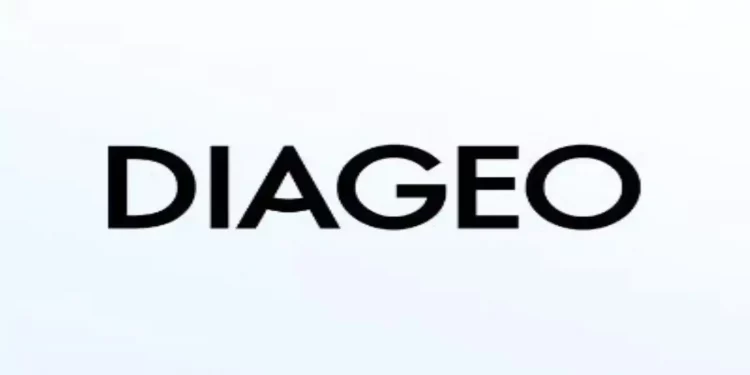Following Royal Challengers Bengaluru‘s (RCB) first Indian Premier League (IPL) championship victory, British distilling behemoth Diageo Plc is reportedly considering selling all or a portion of its ownership in the team.
According to a Bloomberg article, Diageo has begun talking to financial advisors about possible possibilities, such as selling off all or part of RCB.
The franchise, which is owned by United Spirits Ltd., Diageo’s Indian subsidiary, might be worth up to USD 2 billion. The investigation of a sale follows the increasing financial appeal of IPL franchises, however no final decision has been made.
Business magnate Vijay Mallya was the founding owner of Royal Challengers Bengaluru, one of the first IPL teams, when it was founded in 2008. Diageo took over the squad after Mallya’s financial collapse as part of its acquisition of his spirits business.
After years of poor performance and close calls, RCB eventually won their first IPL championship this year, ending an 18-year drought, defeating the Punjab Kings in a thrilling final at the Narendra Modi Stadium. The franchise’s brand value has improved as a result of the recent title win.
RCB is a popular commodity in the sports investment market because Virat Kohli, one of the most popular athletes in the world, is still the team’s face. Diageo’s move follows India’s Union Health Ministry’s tightening of regulations on advertising, particularly that related to alcohol and tobacco, during big athletic events like the Indian Premier League. Despite India’s restriction on alcohol advertising, businesses such as Diageo have long used famous cricket players as surrogates to promote soda and non-alcoholic varieties.
However, Diageo’s capacity to use RCB to increase brand awareness may be severely hampered by the Health Ministry’s desire for a total prohibition on such indirect promotions. This has probably caused the business to reevaluate the IPL association’s future. Additionally, Diageo is facing difficulties in its main markets, particularly the US, where premium spirits sales have been hurt by tariffs and a decreasing consumer demand.







